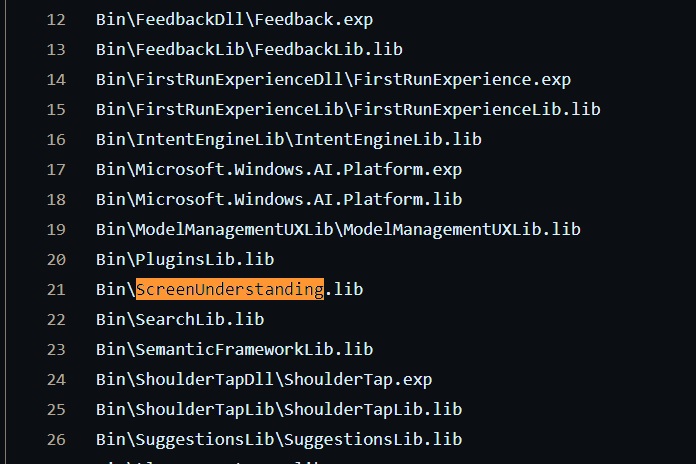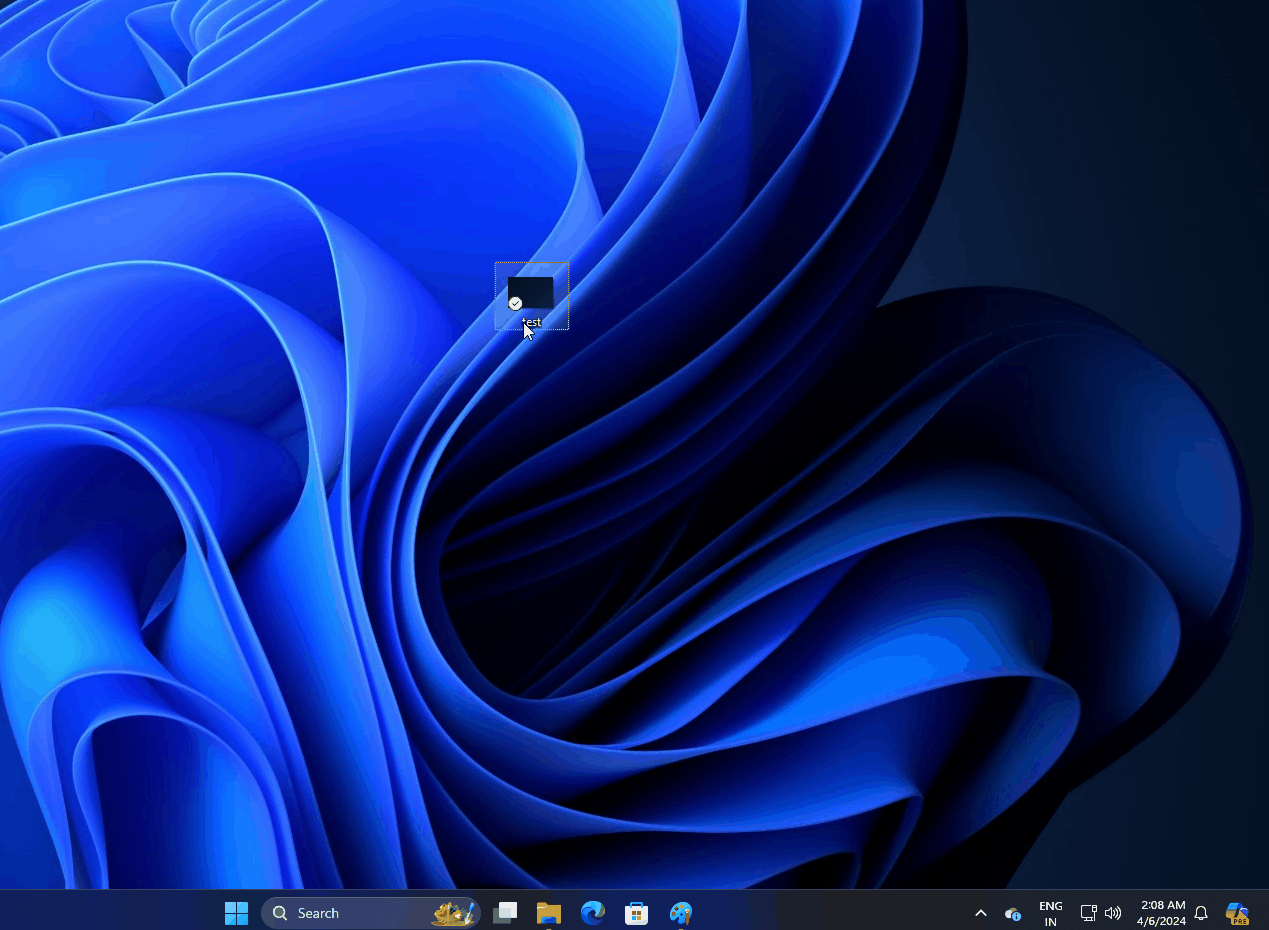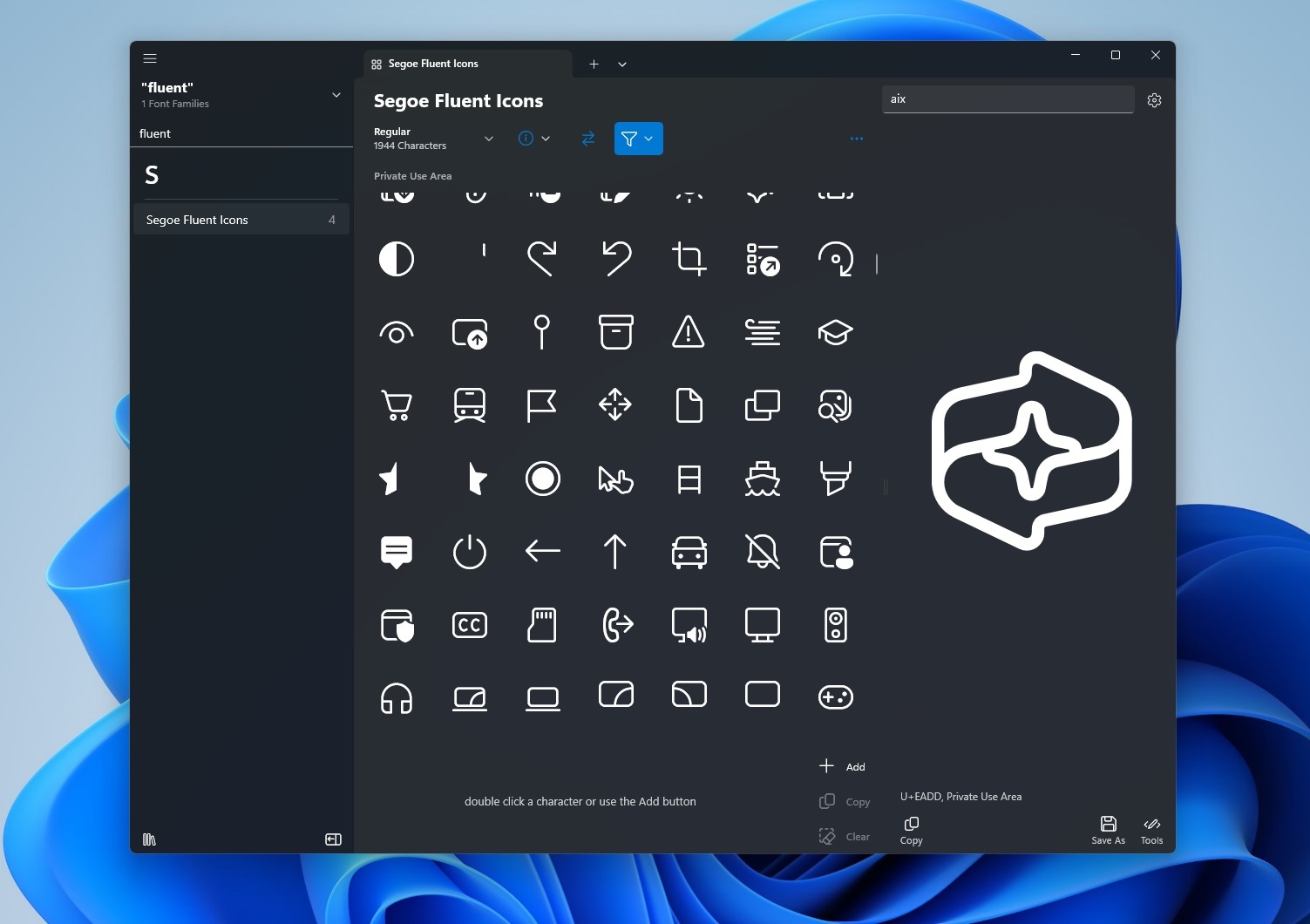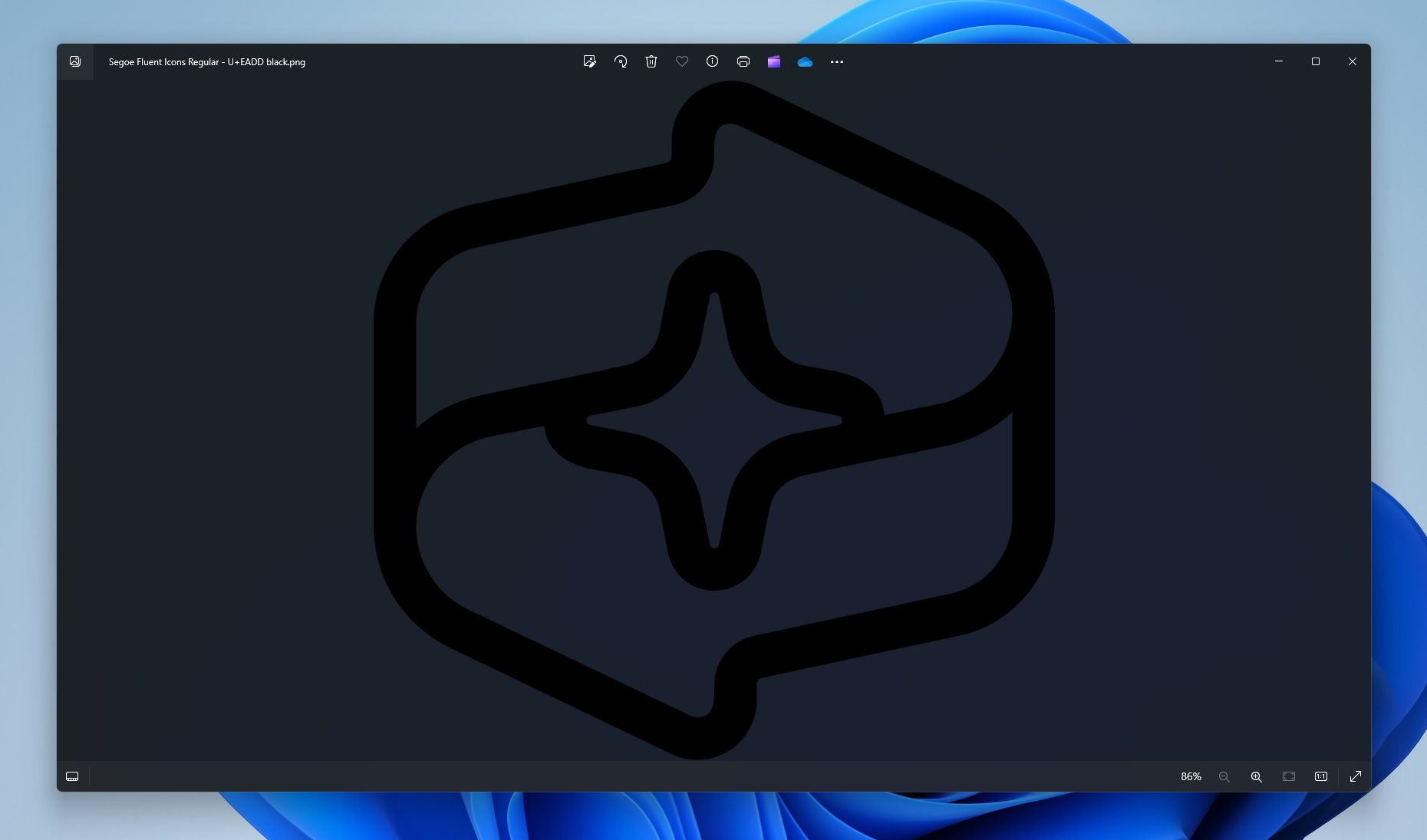Windows Copilot on Windows 11 (and Windows 10) isn’t that useful or exciting, but that will change soon with “AI Explorer”. Thanks to Build 26200, we know what’s coming to Windows 11 as part of the big AI upgrade, which is expected to begin rolling out on Snapdragon X Elite and Plus PCs in September/October.
Windows 11 24H2’s flagship feature is “AI Explorer,” which was recently spotted in Windows 11 Build 26100. It is designed to leverage the power of neural processing units (NPUs) to record your screen and activities and then make them searchable.
For example, AI Explorer will record what you do on your PC, apps that you use, emails sent or received, and other activities. It will then make these activities “searchable,” allowing you to interact with your data, find them in a timeline and more. However, the feature goes beyond simply recording your activities.

As noted by Microsoft watcher Albacore, references to AI Explorer’s features have been spotted in Build 26200. This includes a new “Screen Capture” feature, which tries to capture your screen and process it using AI.

The AI Explorer UI package in Windows 11 Build 26200 also hints at intriguing feature names such as Sidebar Island, Shoulder Tap, Screen Understanding, Intent Engine, and Discovery Overlay.
So, what are these codenames? I don’t know how exactly they work, but the “Screen Understanding” allows AI Explorer to look at your screen and make suggestions so you can take action. This makes the AI context-aware, as it can detect app windows and make suggestions based on what is on the screen.
There is also a new executable, “aihost.exe,” that seems to power screen understanding and other stuff. According to references within baker.dll, a new file added to Windows 11 with Build 26200, you’ll need to enable “screen understanding” to “continue enjoying AIX power.”
Here are some of the strings:
- Screen understanding is on AI Host is not running.
- Screen understanding is paused.
- Models are not available and need to be downloaded. AI Host is not responding.
- Try terminating aihost.exe from Task Manager.
The second interesting codename is “Discovery Overlay”, which will appear around your taskbar, suggesting you take action. This could be similar to the existing Copilot actions but more advanced and context-aware:

To support AI Explorer features, the system requirements are notably high:
- ARM64 CPU
- At least 16 GB of RAM
- A minimum of 225 GB on the system drive
- Snapdragon X Elite and X Plus with NPU.
These requirements suggest future devices with AI Explorer may start with configurations of at least 16 GB of RAM and 256 GB of storage. This marks a significant increase from previous 8GB baseline configurations offered by Microsoft and OEMs.
For example, we have spotted the Surface Pro 10 with 16GB of RAM. The 8GB base doesn’t exist.
Microsoft and OEMs may offer lower-tier AI PCs, but these won’t support AI Explorer capabilities.
New AI Explorer-related icon spotted
![]()
As shown in the above screenshot, Albacore also spotted a new, colourful “AI Explorer” logo, which seems to be built around the Microsoft Copilot logo. However, there’s also a new star-shaped icon within the AI Explorer logo.
I followed Albacore’s lead and found the AI Explorer logo in glyphs related to AI Explorer features:

Here’s an HD version of the AI Explorer icon for light mode:

And here’s an HD version of the AI Explorer for dark mode:

The release date is September/October
If you buy a Snapdragon X Elite or X Plus PC when they ship in mid-2024, you’ll still need to wait until September or October to try these AI features.
Most new AI features will be ready in September/October when the first feature drop is rolled out to Snapdragon X PCs.
The post Windows 11 Build 26200 leaks AI features: aihost.exe, screen understanding, discovery appeared first on Windows Latest
